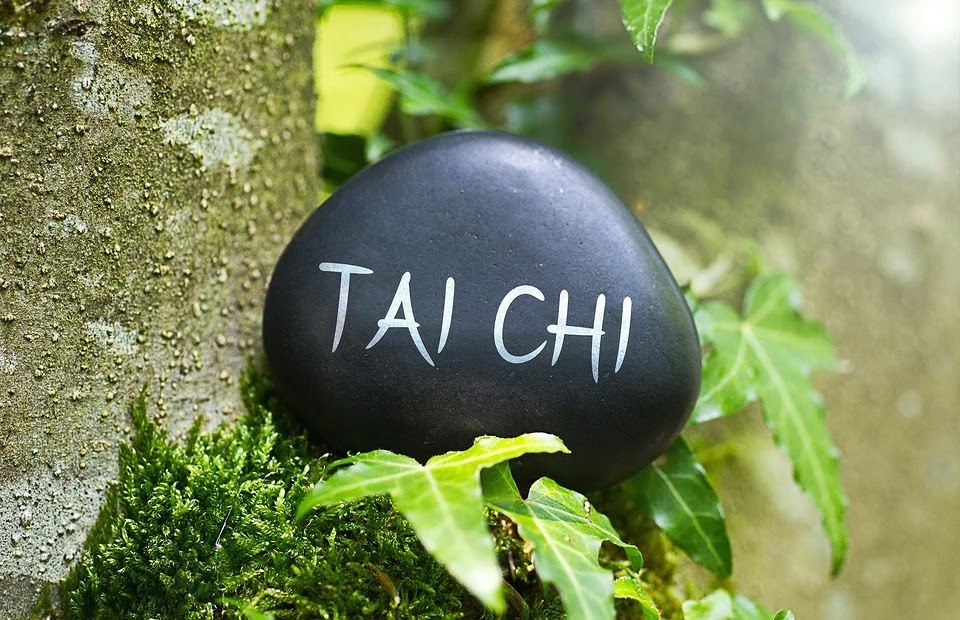This ancient Chinese practice has significant health benefits. And there is a lot of evidence to support this.
In essence, tai chi is a collection of stances, meditative techniques and complexes of slow, graceful movements that smoothly flow from one to another. It is based on the traditional teaching of Chinese medicine that diseases occur due to an imbalance in the vital energy of qi, which circulates in the body through invisible channels called "meridians". When qi flows freely, then a person's well-being is excellent. If congestion occurs, headaches, anxiety, fatigue, weakness and other unpleasant symptoms occur. Tai chi, like reiki, qigong and acupuncture, is one of the ways that helps restore the correct circulation of life force through energy channels.
Evidence-based medicine is very skeptical of Chinese medicine with all its abstract concepts of qi, yin and yang. Nevertheless, tai chi is still recommended for use in some countries, for example, it is approved by the UK National Health Service (NHS).
Initially, tai chi originated 1500 years ago in China as a martial art - taijiquan ("fist of the great limit"). However, now this practice is known as gymnastics with a gentle effect on the body. The version commonly practiced by aficionados of this art in the Western world is known as the Hand Form. This calm style can be practiced by people of any age, it has practically no contraindications. Hand Form increases endurance, improves stretching, helps to find harmony with oneself and more. Here are 5 more reasons to start practicing this ancient gymnastics.
1. Reduces joint pain

People suffering from fibromyalgia noted that after practicing tai chi daily for 12 weeks, their pain decreased, their mood improved, and they began to sleep better.At the same time, the positive effect persisted for several more weeks (for some, even 3 months) after the person stopped training.
A similar trend was observed in arthritis . For those who followed this practice for 3 months, joint stiffness decreased, balance improved, and overall body tone increased.
Another study showed that in patients with osteoarthritis, tai chi reduces pain and stiffness in the joints, and also promotes a healthy lifestyle, for example, a person begins to monitor their diet and cope with stress more effectively.
But perhaps the most impressive result was seen in yet another experiment where tai chi was used to slow down bone loss in a group of osteoporotic patients.
2. Relieves stress
However, a significant advantage of tai chi is that this practice helps to get rid of negative thoughts, nervous tension, improves sleep , and also contributes to the fact that a person looks at the world more positively.
One study found that tai chi may be more effective than medication for some psychological problems. Scientists compared the effects of tai chi and a powerful antidepressant among patients diagnosed with depression or anxiety. Some of them did this gymnastics for 2 hours a week for 10 weeks, the second group was a control group. After the end of the experiment, 64% of the participants in the tai chi group said that their symptoms of depression completely disappeared, while the rest noted that their well-being improved significantly.
Tai chi also helps with sleep problems. In one experiment, volunteers were divided into two groups. For 25 weeks, participants in one group practiced tai chi, while the other group used more traditional treatments for insomnia ( stress management , diet, certain bedtime rituals). The effect of tai chi was comparable to sleeping pills, but gymnastics, unlike pills, had no side effects.
In another experiment, tai chi was compared to low-impact exercises. Sleep improved for everyone who was physically active. But volunteers from the tai chi group showed better results in this regard.
3. Improves coordination
A certain tai chi routine develops a sense of balance and reduces the risk of falls, a major cause of injury among the elderly. As many men and women age, balance deteriorates, muscle strength decreases, and flexibility is limited, which increases the risk of falls and associated fractures.
Practicing tai chi for 8 to 16 weeks improves balance, increases flexibility, and thereby reduces the risk of falls by almost half.
4. Improves the quality of life of cancer patients
Women who were treated for breast cancer had significantly improved quality of life after practicing tai chi compared to those who received only psychosocial supportive therapy.
5. Positive effect on the heart and blood vessels
Tai chi reduces blood pressure and heart rate. In addition, this practice may improve conditions in type II diabetes , fibromyalgia, multiple sclerosis, and tension-type headache (tension headache is the most common type of primary headache). Moreover, tai chi helps reduce stress, reduce anxiety, boost immunity, and improve lung health.



0 Comments